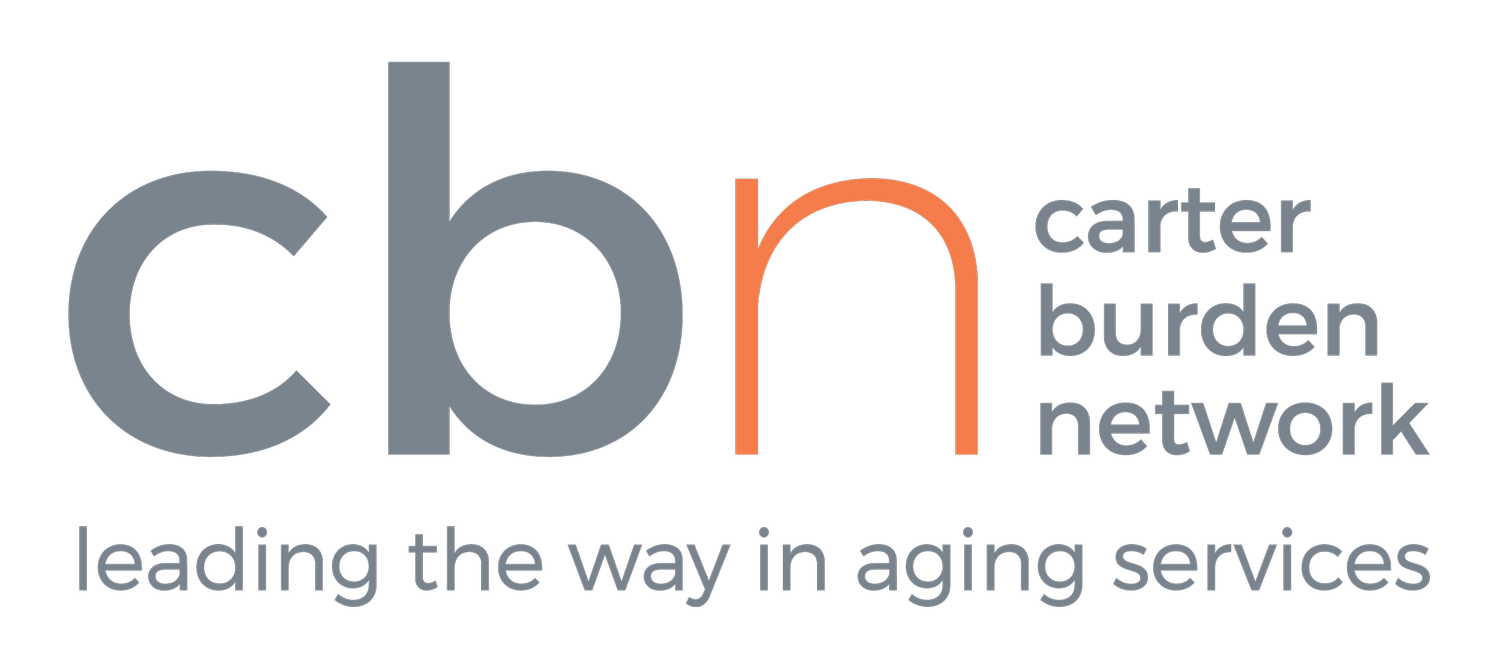The Recognize, Assist, Include, Support, and Engage (RAISE) Family Caregivers Act was signed into law on Jan. 22, 2018 (S. 1028/H.R. 3759) and will ultimately help establish a national strategy to better support families.
The Recognize, Assist, Include, Support, and Engage (RAISE) Family Caregivers Act requires the Secretary of Health and Human Services to develop, maintain and update a strategy to recognize and support family caregivers. The law brings representatives from the private and public sectors, such as family caregivers; older adults and persons with disabilities; veterans; providers of health care and long-term services and supports (LTSS); employers; state and local officials; and others together to advise and make recommendations regarding this new strategy. The advisory council meetings will be open to the public, and there will be opportunities for public input. The strategy will identify recommended actions that communities, providers, government, and others are taking and may take to recognize and support family caregivers, including with respect to:
promoting greater adoption of person- and family-centered care in all health and LTSS settings, with the person and the family caregiver (as appropriate) at the center of care teams
assessment and service planning (including care transitions and coordination) involving care recipients and family caregivers
information, education, training supports, referral, and care coordination
respite options
financial security and workplace issues
The development of the initial strategy will take up to 18 months, followed by updates of the strategy biennially. The law will improve the collection and sharing of information, including information related to evidence-based or promising practices and innovative models regarding family caregiving; better coordinate, assess, maximize the effectiveness, and avoid unnecessary duplication of existing federal government activities to recognize and support family caregivers. The strategy and work around it could help support and inform state and local efforts to support family caregivers.
Across America, family caregivers help parents, spouses, children and adults with disabilities and other loved ones to live independently. They prepare meals, handle finances, manage medications, drive to doctors’ appointments, help with bathing and dressing, perform complex medical tasks and more — all so loved ones can live at home.
These family caregivers have a big job, but some basic support — and commonsense solutions — can help make their big responsibilities a little bit easier.
Source: aarp.org

